
Doctor Reveals Surprising Thing That Occurs When You Don’t Eat – and It’s The ‘Opposite’ of What Most People Think

Fasting is often misunderstood, with many assuming it slows down metabolism and causes fatigue. However, Dr. Jason Fung, a prominent advocate for intermittent fasting, explains that the reality may be quite different. In his appearance on the Diary of a CEO podcast, Dr. Fung discusses how fasting affects the body, challenging common beliefs about food and energy.
Fasting Boosts Energy, Not Fatigue
Contrary to popular belief, fasting does not slow down metabolism. Dr. Fung clarifies that when you stop eating, your body begins to use stored calories for energy, which actually boosts your metabolic rate rather than decreasing it. “As your insulin levels drop, other hormones such as growth hormone and cortisol rise, which helps increase your energy levels,” says Dr. Fung. This challenges the common idea that fasting makes you sluggish.
Fasting and the Fight-or-Flight Response
During fasting, the body enters a heightened state of alertness, known as the fight-or-flight response. Dr. Fung points out, “Hungry animals are more dangerous because their bodies are in an activated state, ready to hunt for food.” This physiological reaction, triggered by increased cortisol and growth hormone, enhances the body’s ability to efficiently utilize stored energy.
Health Benefits Beyond Weight Loss
Research from Cambridge University supports the idea that fasting offers more than just weight loss benefits. A 24-hour fast can reduce harmful inflammation in the body by raising levels of arachidonic acid, a crucial fatty acid. This has potential implications for lowering the risk of chronic diseases such as Alzheimer’s and Parkinson’s. Professor Clare Bryant of the University of Cambridge adds, “Our work adds to the growing evidence that calorie restriction has broad health benefits.”
Fasting and Brain Health
Fasting also appears to have positive effects on brain health. By reducing inflammation and increasing arachidonic acid levels, fasting may offer protection against neurodegenerative diseases. However, researchers caution that more studies are needed to fully understand these long-term effects. This emerging field of science suggests that fasting could be a simple approach to maintaining cognitive health as we age.
The Breakfast Debate: To Eat or Not to Eat?
While Dr. Fung advocates fasting, not all experts agree with skipping breakfast. Nutrition therapist Justin Nault warns that missing breakfast could signal metabolic issues. He argues that breakfast is essential for kickstarting metabolism and preventing unhealthy metabolic adaptations. The NHS also advises against skipping breakfast, highlighting its role in supporting overall health.
Should You Try Fasting?
If you're considering fasting, it’s crucial to consult with your doctor first. While fasting offers health benefits, it may not be suitable for everyone. “Don’t change your lifestyle based on what someone on the internet recommends,” Dr. Fung advises. Understanding the science and its effects on your body can help you make an informed choice about whether fasting is right for you.
News in the same category


How to Use Rice Water for Gorgeous Hair and Skin (Detailed Instructions)

Beware: U.S. Salmon May Be Crawling with Japanese Tapeworm, Say Scientists
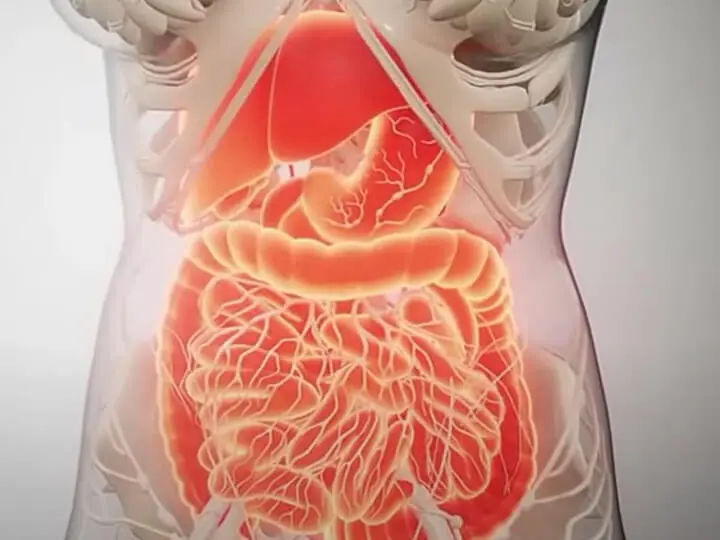
Colon Cleansing: How to Naturally Flush Your Colon at Home (Science-Based)

3 Morning Symptoms That May Signal the Onset of Canc3r
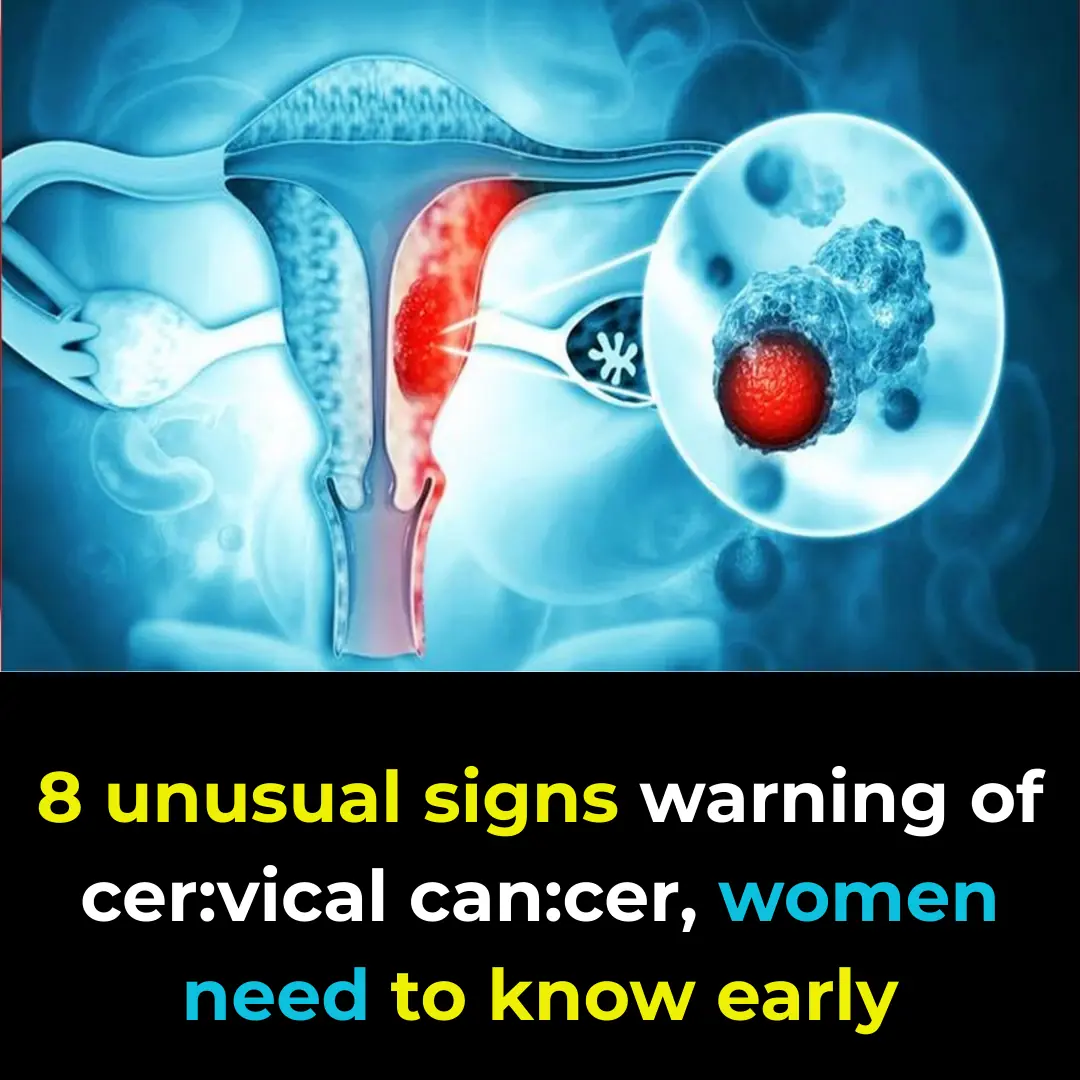
"8 abnormal signs warning of c3rvical canc3r that women need to recognize early"

If you don’t correct these 5 harmful eating and drinking habits right away, sooner or later your esophagus will also be “ravaged” by cancer cells.

Nose Picking What This Taboo Habit Really Reveals About Us

Everyday Habits That Can Cause a This Issue To Your Hands
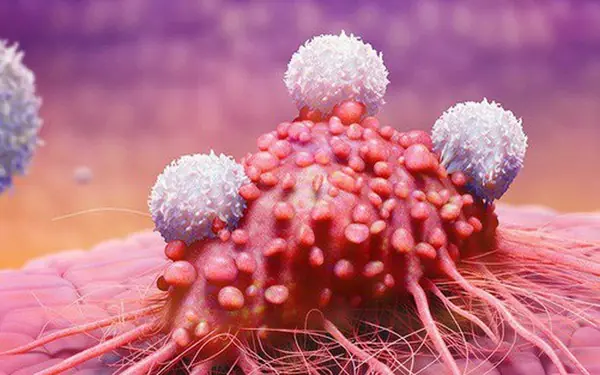
Why Liver Cancer Is Often Detected Late – Important Warning Signs You Shouldn’t Ignore

If You See Someone with Prominent Green Veins, Make Sure to Tell Them This – It Could Save Their Life

How to Safely Remove Super Glue (502) from Your Skin Without Tearing It
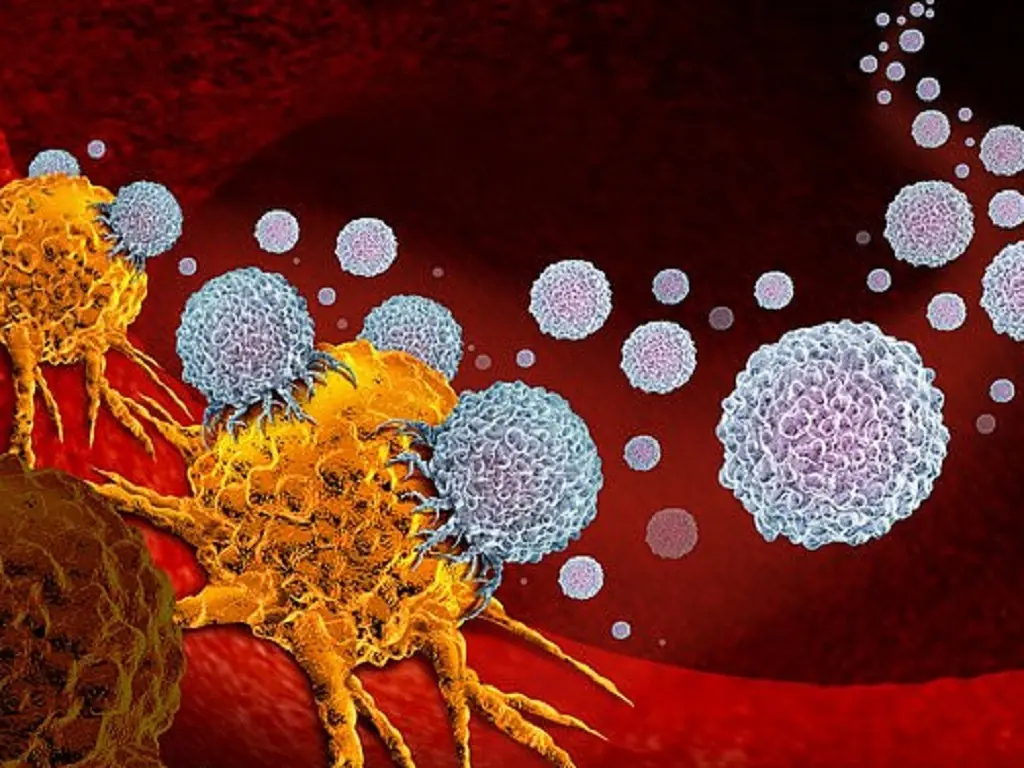
3 Unusual Signs in the Neck That Could Be Symptoms of Cancer – Don’t Ignore Them!
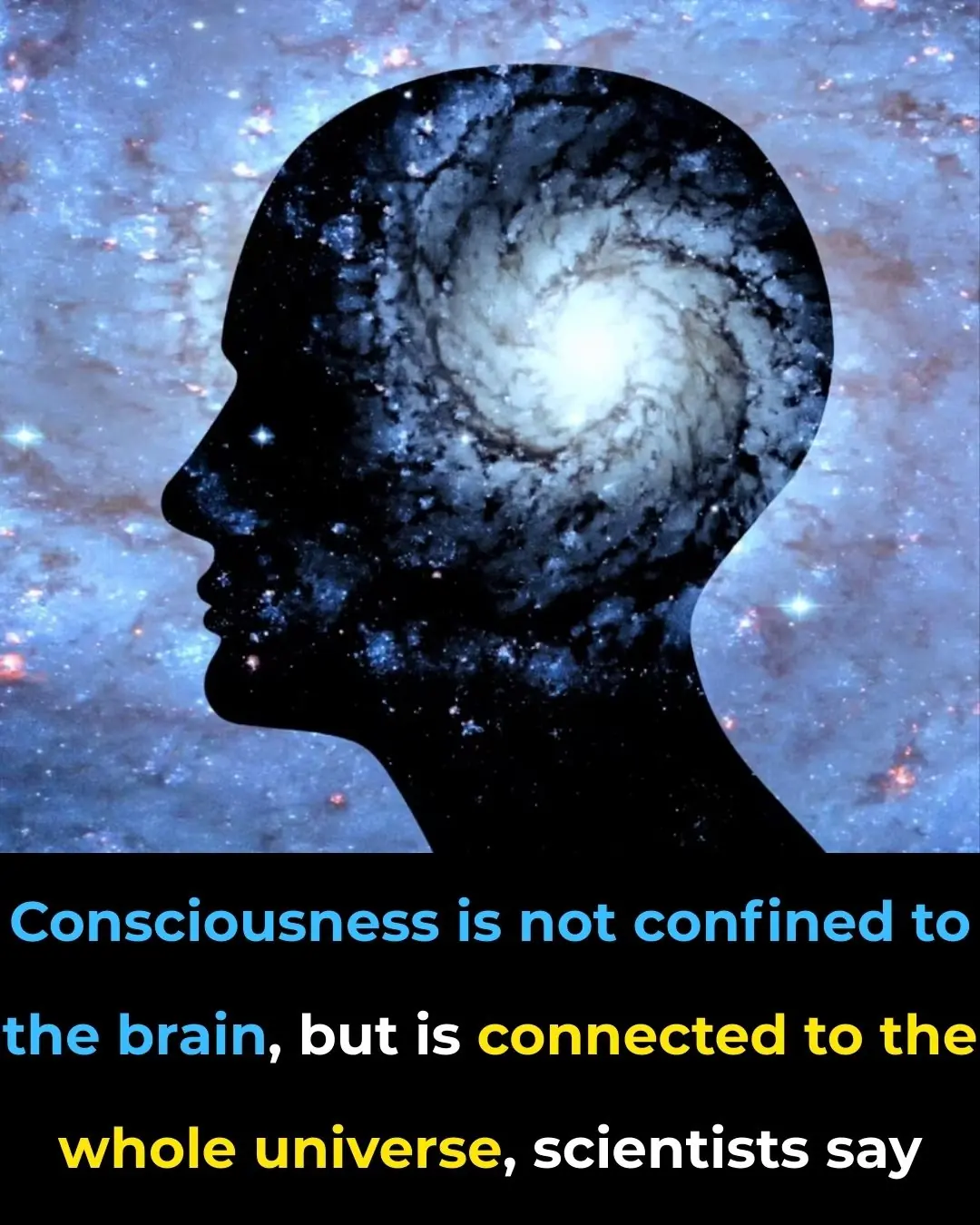
Consciousness Is Not Confined to the Brain, But Is Connected To The Whole Universe, Scientists Say

Study Finds People With ADHD Listen to Music Differently—Here’s How

Can I Get My Metabolism Back After Stopping Lexapro and Prozac?

8 Foods High in Inulin to Eat for Better Gut Health

Proven Health Benefits and Uses of Thyme and Thyme Tea

Proven Health Benefits of Walnuts, How Many to Eat, and More (Science Based)
News Post

Why Your Legs Cramp at Night (And How to Fix It)

How to Use Rice Water for Gorgeous Hair and Skin (Detailed Instructions)

Beware: U.S. Salmon May Be Crawling with Japanese Tapeworm, Say Scientists

The Benefits of Chicken Feet Stewed with Black Beans – As Powerful as Ginseng

There are many cuts of beef, but only these 3 are considered the true “essence” – both chefs and butchers wholeheartedly agree!

Colon Cleansing: How to Naturally Flush Your Colon at Home (Science-Based)

Put this into a lemon and place it in the corner of your house – mosquitoes will stay away for good

3 Morning Symptoms That May Signal the Onset of Canc3r

"8 abnormal signs warning of c3rvical canc3r that women need to recognize early"

If you don’t correct these 5 harmful eating and drinking habits right away, sooner or later your esophagus will also be “ravaged” by cancer cells.

Is Your Air Conditioner Outdoor Unit Making Loud Grinding Noises? Use This Simple Trick to Make It Run Quietly Without Calling a Technician!

Urgent warning issued to travelers as China takes ‘covid measures’ after reporting 7,000 cases of Chikungunya virus

3 Effective Ways to Prevent Snakes from Entering Your Home Everyone Should Know to Protect Their Family

Signs to look out for amid Gordon Ramsay's health warning after undergoing cancer surgery

How to Handle Common Refrigerator Problems and a Surprising Lesson from American Toilet Habits

If Your Feet Swell It Is a Clear Sign

Why Doors in Public Bathrooms Don’t Reach the Floor

Nose Picking What This Taboo Habit Really Reveals About Us

Everyday Habits That Can Cause a This Issue To Your Hands
